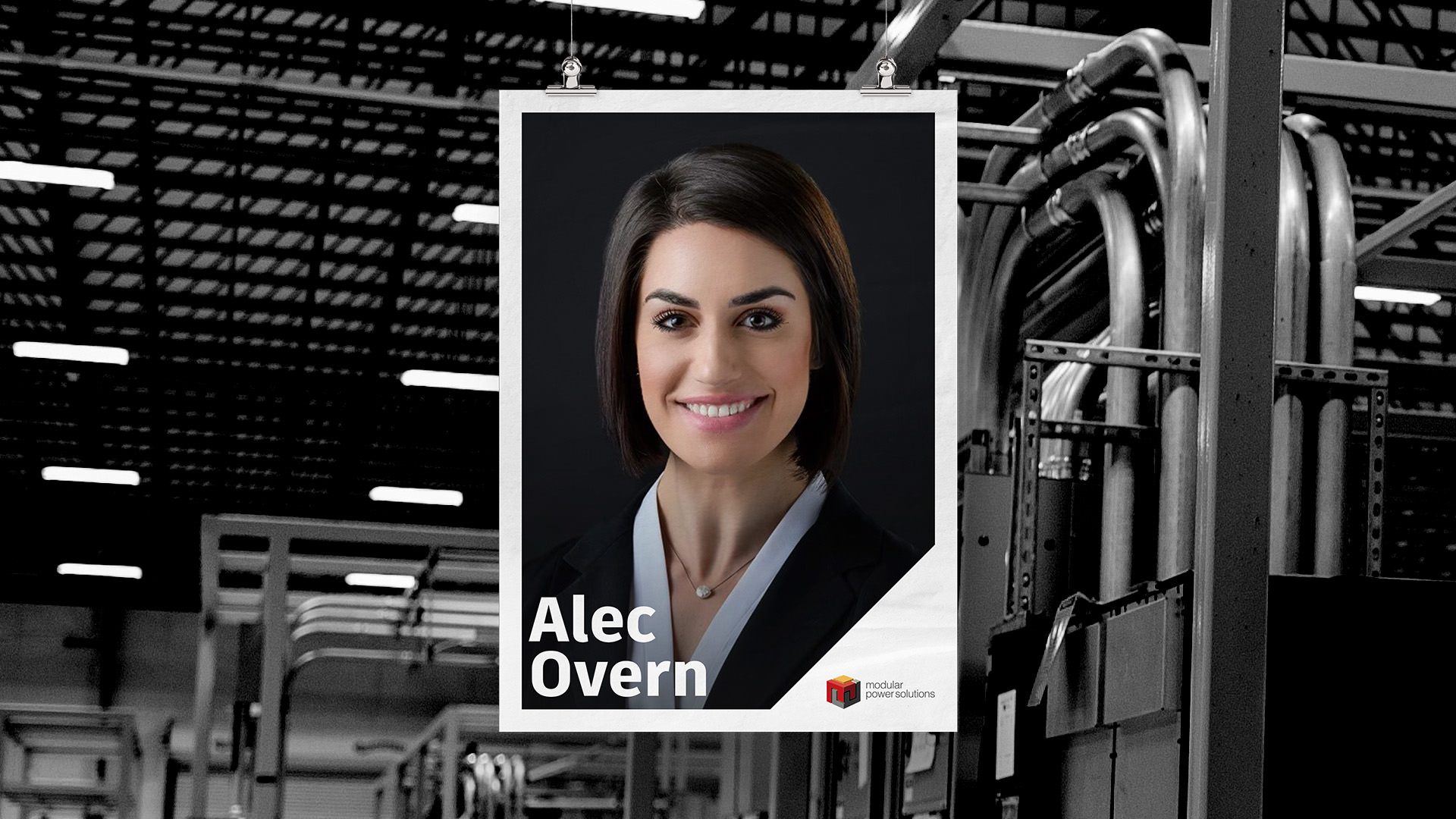
The data center market estimates a growth of $615.96 billion by 2025. Hinging on this monumental projection is an immense uptick in demand in the construction industry to build these facilities and build them fast.
Modular Power Solutions (MPS),—a subsidiary of Rosendin Holdings—is the premier provider of end-to-end design, engineering, and offsite modular manufacturing services for large-scale data center projects.
We sat down with Alec Overn, Business Manager at Modular Power Solutions to learn about MPS’ business model, the benefits realized by industrialized construction, and how more firms are adopting these techniques to drive up competitive value.
Our findings? Industrialized construction amplifies labor, throughput, and schedule reliability, among countless other benefits. Today, Alec gives us an insider look at her journey navigating the construction world and how she discovered the key to overcoming efficiency roadblocks—data.
Industrialized construction leverages industrial engineering principles to optimize the entire building process from design to handover. By standardizing these design components, we can create a kit of parts to make endless custom products repeatedly. And with a repetitive building process, we’re able to cut build schedules in half and drastically improve quality.
90% of our customers come from the data center industry, and we’re seeing a lot of design component standardization. Owners want to increase the standardization of their projects to drive consistency. Why? Because consistency across sites enables us to shift from individual project purchase orders to more program-based contracts that cover multiple sites with the same footprint. And industrialized construction is the key because it increases the efficiency and the volume at which you can meet those demands.
I am a solution seeker; I enjoy creating systems and processes to pinpoint and remove production inefficiencies. Before construction, I was a senior business analyst for a consumer-packaged goods broker, and it was there that I discovered I had a knack for leveraging metric-driven analytics to increase efficiency. Industrialized construction and KPI-based production analytics go hand-in-hand. So, data is the foundational element of successful industrialized construction implementation.
While bringing scope offsite is sometimes the lowest cost option, another notable advantage is moving the project scope into a controlled environment with a consistent labor force, guaranteeing a level of certainty in pricing.
The reliability of throughput is also an advantage. For example, if you’re ordering 45 identical units, you will have the same labor pool repeatedly working on that product. And over time, efficiency is increased, ultimately impacting lead time and making it more predictable. Quality underpins all this since you’ve got the same crew working in a controlled environment.
Industrialized construction is a methodology that’s applicable almost anywhere. It’s just a matter of whether the team is willing to take that leap and realize the benefits because it requires a fundamental shift in thinking about how a product is planned, designed, and built.
"Industrialized construction is a methodology that’s applicable almost anywhere."
And it's fun to think outside of the box about what some of the possibilities are. A lot of people turn to industrialized construction just to achieve a lower price. But there’s so much more to it, and so many other considerations and benefits that industrialized construction can bring to the table.
So, for us, it’s always been a consistent thread of our business model, but change can be difficult for others trying to adopt it. If you have a traditional construction background, it requires a mindset shift to transition to more manufacturing-oriented processes.
Leveraging early adopters and people excited about it is key to initial success when implementing industrialized construction. Then, creating a phased approach for the late majority and the people who might be laggards or a little bit skeptical comes next, so you can show them the tangible, metric-driven benefits along the way.
Innovation and adaptability are critical to being successful in construction. The industry is constantly evolving, and when you're able to implement industrialized construction successfully, it opens the door to investing more time in research and development and process improvement, which is critical to have a leg up on, over, and above your competitors.
I like the enclosure projects that we have due to their complexity. You've integrated HVAC, fire suppression, and security, so seeing that complexity together is neat.
And then we have another product with a vast, overhead cage system. And what's unique about that is it's built from a small number of basic, standardized, and easily sourced components. And when you look at it, it's this impressive, complex structure built from combining all these simple components. And that's the basis of industrialized construction. They're a myriad of tiny pieces that are easy to supply, and yet, together they create endless combinations.
